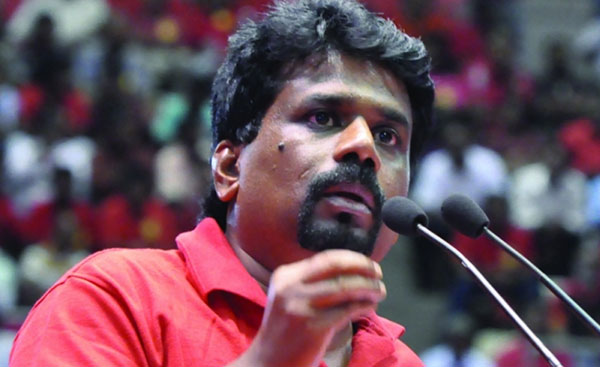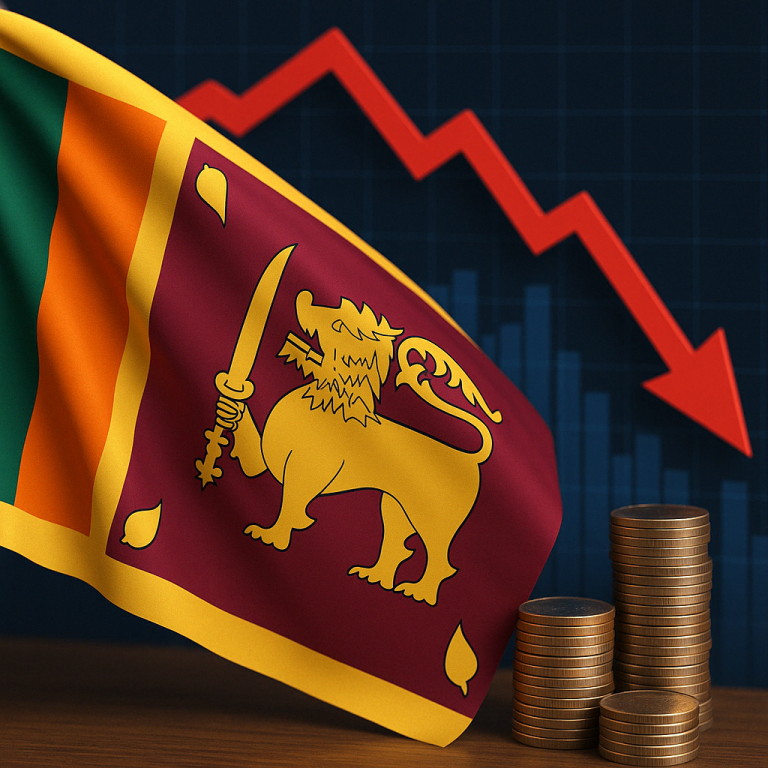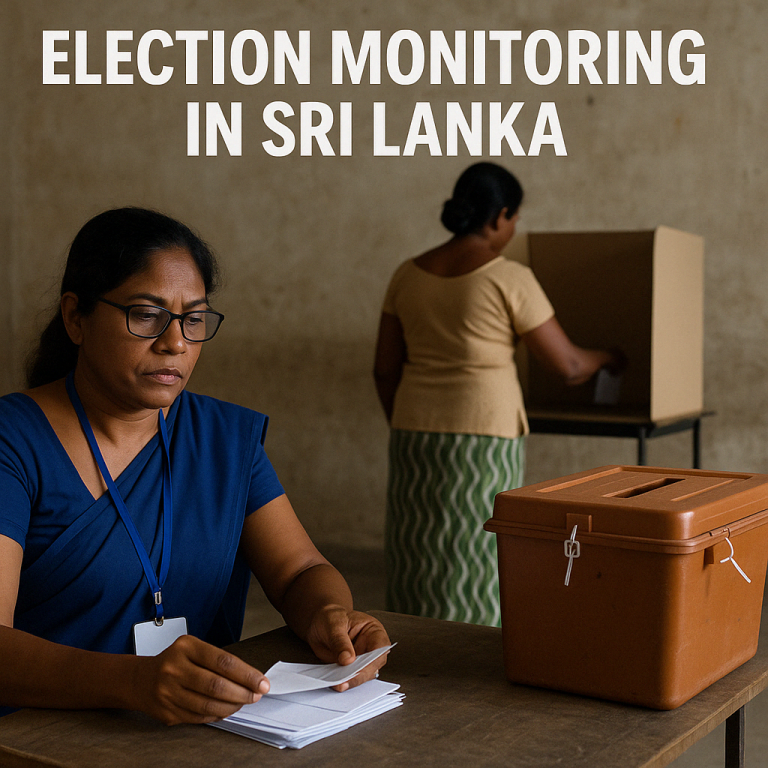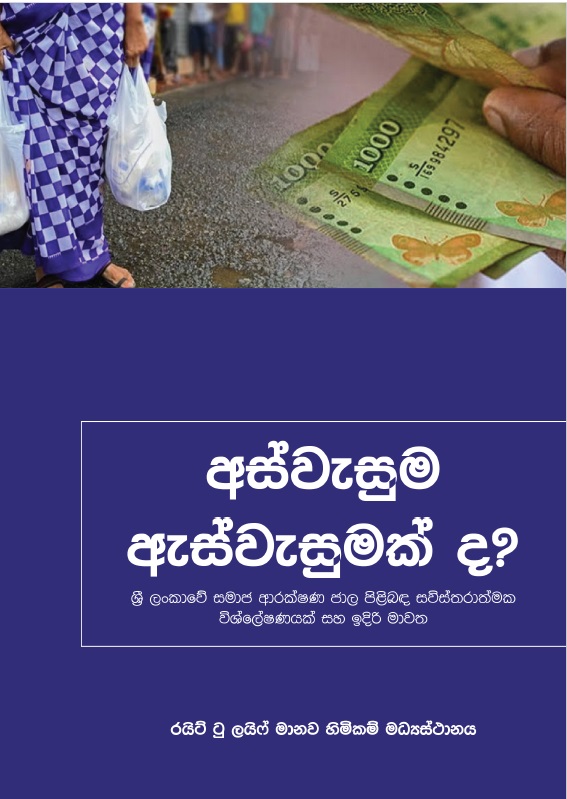Ajith Parakum
Anura Kumara Dissanayake’s recent election as Sri Lanka’s president has drawn significant attention from international media, with many outlets branding him as both a Marxist and an anti-establishment leader. Media coverage highlights Dissanayake’s long-standing association with the Janatha Vimukthi Peramuna (JVP), a party with Marxist roots that once led armed insurrections in Sri Lanka. Dissanayake’s election reflects a major shift in the country’s political landscape, as he has positioned himself as a leader promising to break from the political elites who have dominated Sri Lankan governance for decades.
Marxist Branding
International outlets such as AFP, Reuters, and Al Jazeera have labeled Dissanayake a Marxist leader, emphasizing his roots in the JVP and its transition from an insurgent movement to a key player in the National People’s Power (NPP) coalition. AFP, as reported by The Hindu, stressed that Dissanayake’s ideology reflects a rejection of capitalist structures that have perpetuated inequality in Sri Lanka. His campaign focused on economic reforms, anti-corruption measures, and promises to redistribute wealth and protect workers’ rights, central tenets of his Marxist-inspired platform(Scroll.in)(CNA).
Bloomberg and Washington Post have also echoed this Marxist characterization, focusing on Dissanayake’s desire to overhaul the economic system, renegotiate IMF bailout terms, and uplift Sri Lanka’s impoverished population. His Marxist rhetoric has resonated particularly with young voters disillusioned by the economic hardships brought on by previous regimes(Devdiscourse)(CNA).
Anti-Establishment Narrative
Dissanayake has also been widely recognized as an anti-establishment leader. Channel News Asia described his victory as a response to widespread frustration with the political elite, including the powerful Rajapaksa and Wickremesinghe families, who were seen as responsible for the country’s 2022 economic collapse(CNA). Devdiscourse further highlighted that Dissanayake’s platform, which calls for an end to political corruption, nepotism, and economic mismanagement, has positioned him as a radical alternative to the entrenched power structures(Devdiscourse)(Digpu News).
Similarly, World Socialist Web Site focused on how Dissanayake capitalized on mass discontent, portraying himself as a leader who would challenge the greed and corruption of the ruling elite while advocating for structural reforms(World Socialist Web Site). His anti-establishment stance has been underscored by his promises to combat inequality and bring about a new era of governance free from the political dynasties that have ruled Sri Lanka for years.
Challenges and Geopolitical Implications
While Dissanayake’s Marxist and anti-establishment platform has galvanized support, it also poses significant challenges. As noted by The Washington Post and Bloomberg, his promises to renegotiate the terms of the IMF bailout and introduce populist economic reforms could strain Sri Lanka’s relations with international financial institutions and major geopolitical players like India and China(Devdiscourse)(CNA).
Moreover, NDTV and Mint have reported that Dissanayake’s rise has implications for regional geopolitics, especially given his party’s historical anti-India leanings and its efforts to forge new alliances(World Socialist Web Site). Despite these challenges, Dissanayake has reassured both local and international investors that his government will protect their interests, signaling a pragmatic approach to economic recovery(World Socialist Web Site).
Conclusion
International media coverage of Anura Kumara Dissanayake portrays him as a Marxist leader who is deeply committed to anti-establishment reforms. His election represents a dramatic shift in Sri Lankan politics, reflecting public dissatisfaction with traditional elites and their handling of the country’s economy. While his leadership offers hope for change, it also presents challenges, both domestically and in terms of Sri Lanka’s international relations. As Dissanayake takes the helm, global attention remains fixed on how his Marxist and anti-establishment rhetoric will translate into governance and economic recovery.
Sources: AFP, Reuters, Washington Post, Al Jazeera, NDTV, Hindustan Times, Bloomberg, Mint, Channel News Asia, World Socialist Web Site, Devdiscourse.







